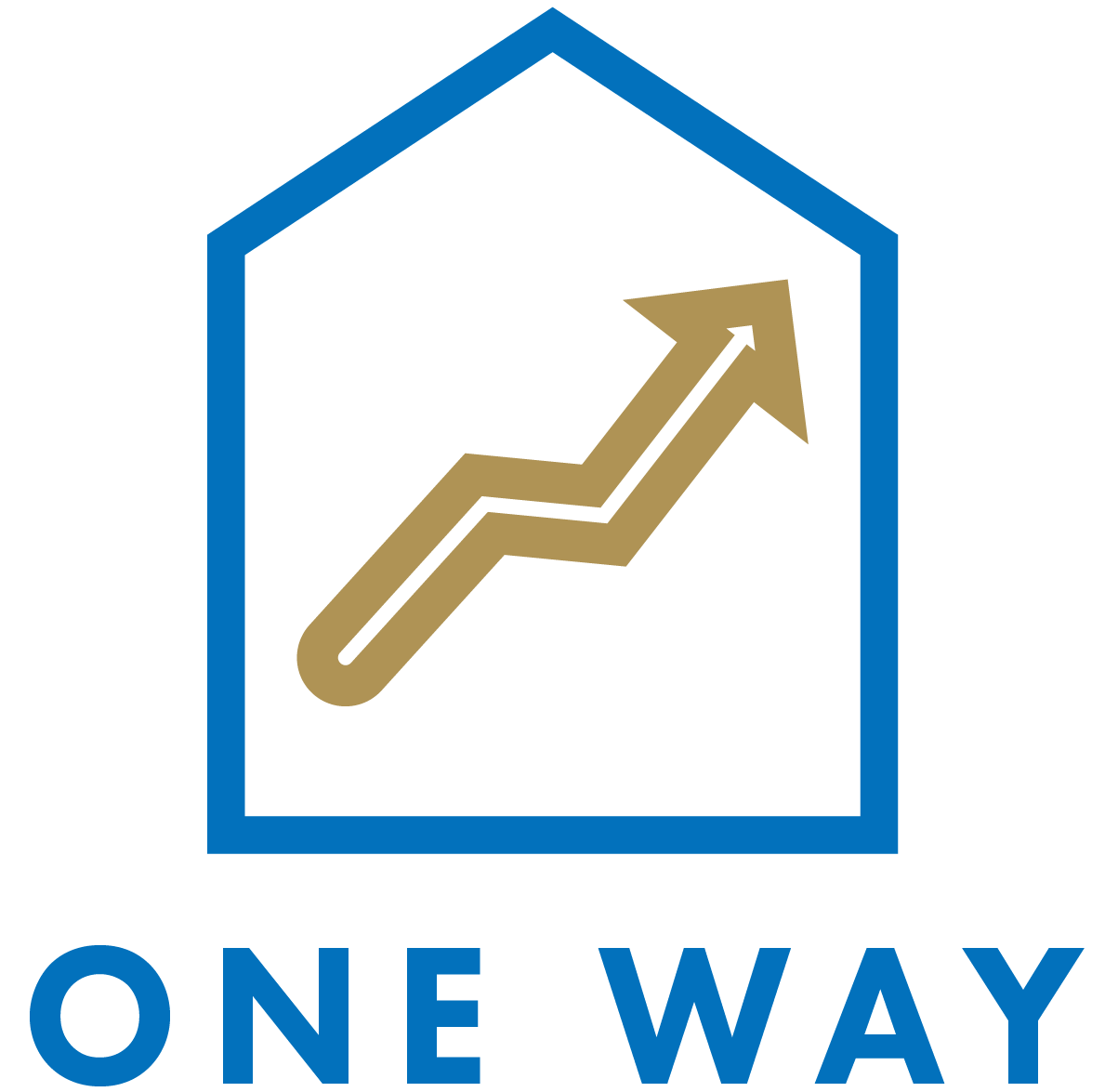Hello everyone. This is Juan Carlos Gastelum. I am a real estate investor in Texas. Today we’re going to continue our discussion on building your real estate investing team. A few weeks ago, we discussed building your core-four for your real estate investment team and those were your 1) real estate agent or broker, 2) your property management company or property manager, 3) your lender, and 4) your accountant. Today we will be discussing the importance of your lender. For starters, you need to begin building long standing relationships with your lenders. Start by selecting a lender that understands your investment criteria and your financial goals. Not all lending institutions are equal. You may find better terms with a community bank or a smaller regional bank than you would from one of the major nationwide banks. The key difference may be that you can have a closer relationship with your local smaller bank so that you can grow your investing business alongside that lender. One key difference of smaller banks with the nationwide banks is that smaller banks tend to be portfolio lenders, meaning that they keep the mortgage within their balance sheets. Other larger banks will most likely discount those loans to agencies like Freddie Mac or Fannie Mae, or they may just sell that loan to a third party, which in turn will now be your creditor and you will have lesser leverage in negotiating future terms, If you encounter a need to do that.
Terms will also depend on your financial goals. For instance, let’s say you want to build equity. Well, if you’re targeting creating more equity sooner, you may want to have a loan that has a shorter amortization period. A 30 year loan will be amortized in 30 years, a 20 year loan will be amortized in 20 years; meaning that every monthly installment that you pay to your lender will have a component of capital, which is larger than in your longer term loan and an interest component that is smaller compared to your longer term loan. So by choosing a shorter term loan, you will build up equity on your investment property sooner. Let’s say that you are looking for monthly cash flow. Well in that case, you may want to look at the longer term alternative. If you want to have less risk associated with the property then you want a non-recourse loan, meaning that the lender cannot go against your personal property or your personal finances if you default on the loan. A recourse loan, however, will target your personal assets as well as your investment property as part of the guarantee or collateral on your loan. So depending on the risk that you’d like to take on that investment, you want to choose a recourse or a non-recourse loan. However, non-recourse comes at a price, meaning that most likely on a non-recourse loan you will have to pay a higher interest rate. So our tip for today is to work with your lender, build a long standing relationship with your lender and have the lender understand what your financial goals are and what your investment criteria are. So that’s it for today. Take care. Best wishes on your real estate journey! God bless!

